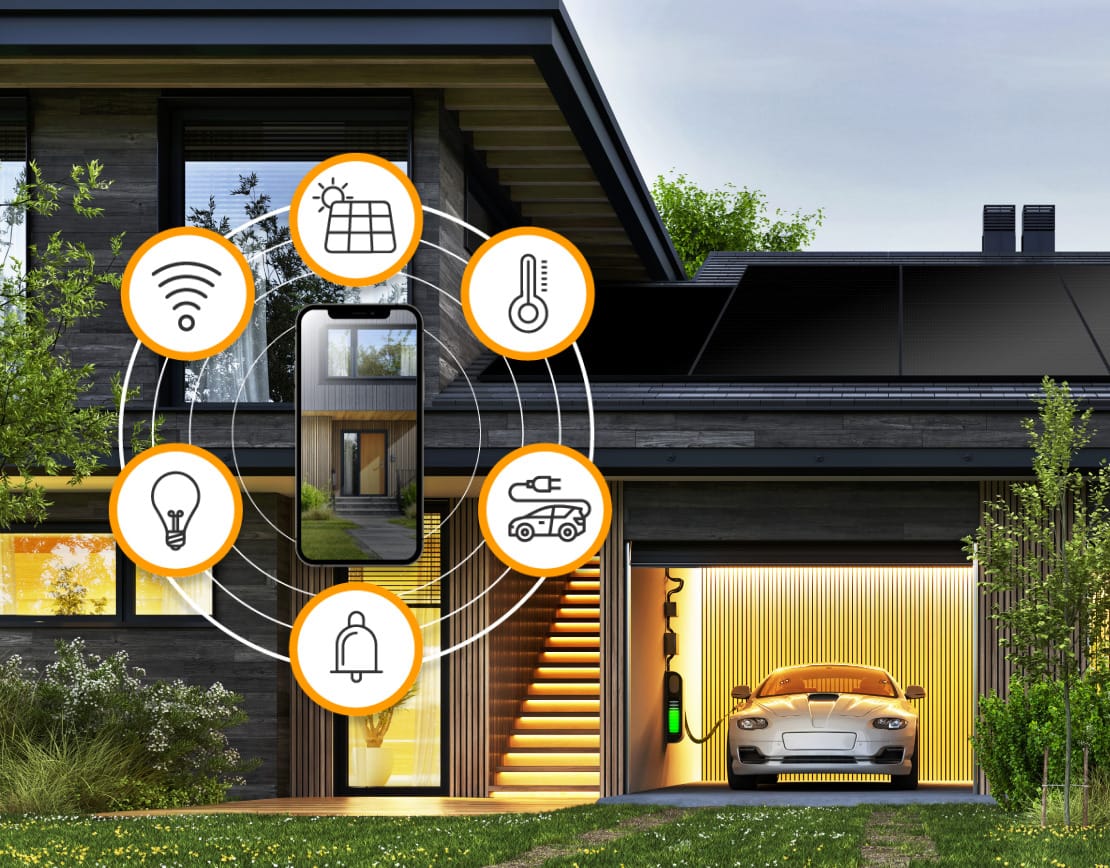For many solar users, the annual True-Up Statement is something of a surprise, and when it comes to your finances, we generally want to limit the number of surprises you encounter. Every utility customer who invests in solar will receive a True-Up Statement once a year, and that bill will look different each year depending on a number of factors. If you’ve recently received a True-Up Statement, and are scratching your head trying to figure out what it all means, don’t worry - there are plenty of people out there having the same experience.
For those who have already installed solar and those who are considering the switch, let’s dive into the nature of an annual True-Up Statement, and explore just what is included in your statement.
What is a True-Up Statement?
A True-Up Statement is an annual statement that is sent to residential solar customers at the end of their billing cycle. It reconciles their energy generation and usage throughout the year, and determines whether a balance is due after energy credits are factored in.
True-Up Breakdown
To truly understand the elements of a True-Up Statement, let’s break down the bill into 3 key elements: Timing, Balance, and Factors. Each of these will give you insight into how your True-Up Statement works, and why you may or may not owe a balance at the end of your solar year.
True-Up Statement Timing
When will you get your True-Up Statement? It depends on the customer, as solar customers will receive their statement at the end of their 12 month billing cycle. This cycle starts on the date you first switched on your solar system, so your statement may come at a different time than your neighbors. It’s a good idea to make a calendar reminder for yourself on the date of your system activation so that you don’t forget about your True-Up Statement.
This is especially important because setting a reminder can help make this feel like a part of the process, as opposed to a surprise bill coming due. Your solar provider will likely include information about the True-Up Statement somewhere within their onboarding process, but it can be easy to forget about, and as we said above, the goal is to reduce unnecessary stress and surprises.
Balancing Act
This is the core of your True-Up Statement - the reconciling of your charges and credits at the end of a “year” of solar. Remember that this year is determined by when your system was first activated, so your end of year might not coincide with the end of the calendar year. Each month, your energy bill will document the difference between the solar energy you produced and the energy you utilized from the grid.
At the end of your 12 month billing cycle, your True-Up Statement will reconcile your usage with any credits or compensation you are owed, and determine whether or not there is a balance due. It is this potential balance due that surprises most people, but if you are tracking your usage month to month, this should not come as much of a surprise. There are steps you can take to control your ultimate balance, but there are also some factors and fees to consider that are outside your control.
True-Up Factors
What kinds of factors could result in you owing a balance at the end of your solar year? Remember that your system is sized to your needs and will provide you with power to cover your current usage patterns. One major factor that can impact your True-Up Statement is a change in these usage patterns. Did a family member come to stay or live with you for a significant part of the year? Did you acquire new large appliances, such as ones you might include in an electrification project? Did you install an EV charger or a pool?
Each of these changes would certainly increase your energy needs, so it might be good to consider an expansion of the system to avoid owing the utility on your next True-Up Statement. There is also the weather of your area to consider, as unusual weather events could contribute to unexpected balances on your annual statement. There are also unavoidable fees from the utility to consider, which would not be within your power to reduce even with excellent energy production.
Saving with Solar
If your goal is to reduce your energy bill and avoid a surprising annual True-Up Statement, there are options available to you. It may be a good idea to have a solar consultant review your system and make expansion recommendations, especially if your energy usage has changed since installing your system. You may need more panels to cover your increased energy consumption.
There is also the possibility of adding or expanding your battery storage solutions, as battery storage is one of the best ways to circumvent high Time of Use (TOU) costs from the utility. By storing and saving more of your generated power, you can access it whenever you need, including those times of day where energy is most expensive.
Whatever you decide to do, remember that your annual True-Up Statement doesn’t have to be a surprise. With the help of our solar experts, you can prepare for your yearly statement, and take steps to ensure that if you have a balance due, it’s not going to disrupt your plans.



